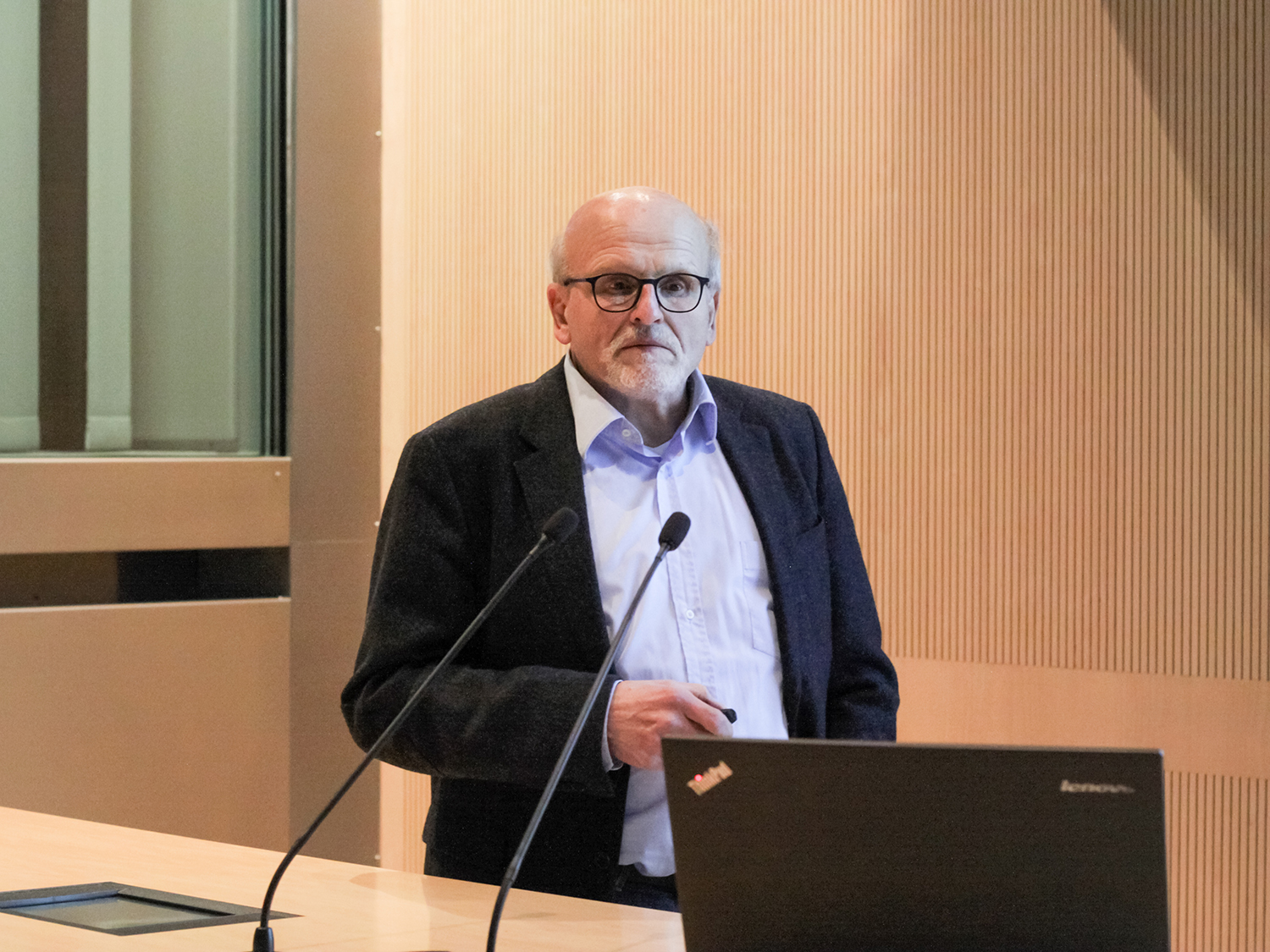Methanogenic microbial communities consisting of Bacteria and Archaea occur in a large variety of terrestrial environments, including rice field soils, lake sediments, mires, canopy wetlands, feather moss stands, dry upland soils. These microbial communities have in common that they all degrade organic
matter under anoxic conditions and contribute significantly to the release of the greenhouse gas methane.
However, they differ in structure and function depending on the environmental conditions, in particular quality of organic matter and desiccation stress.
Ralf Conrad received his PhD in 1976 at the University of Göttingen and his ‘venia legendi’ in 1985 at the University of Mainz, both in Microbiology. After the PhD he did research in the fields of biogeochemistry and environmental microbiology, in particular the turnover of atmospheric trace gases, first as Research Associate at the Max-Planck Institute for Chemistry in Mainz, then from 1986 to 1990 as Professor at the University of Konstanz, and finally from 1991 to 2017 as Director at the newly founded Max-Planck Institute for Terrestrial Microbiology in Marburg. He retired in March 2017.
Moderation: Professor Dr. Tim Urich

